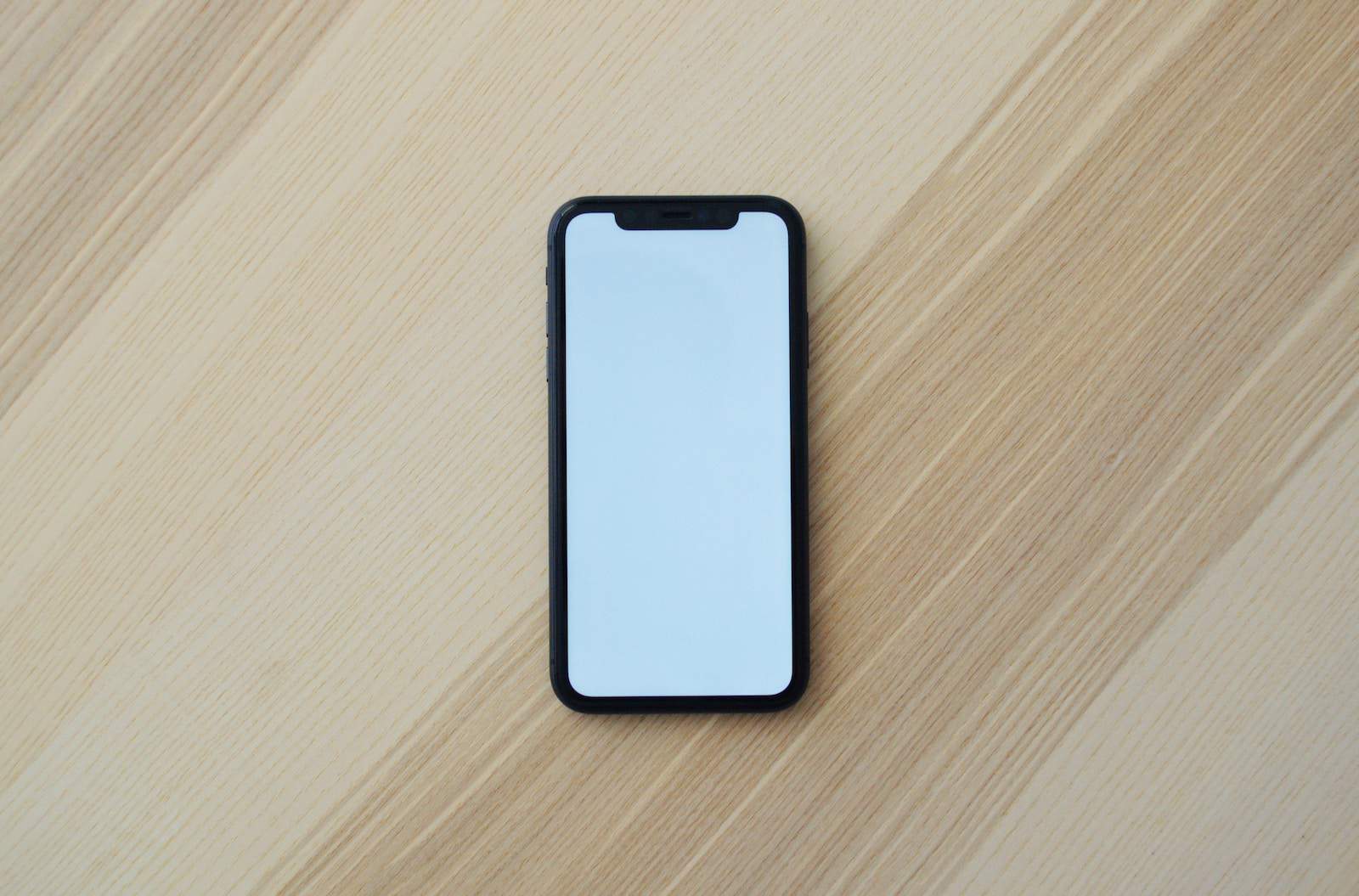Smartphones are very important in our lives, but it’s crucial to keep them secure. One way your phone’s security can be compromised is through phone cloning, when someone copies your phone’s identity to make calls, send messages, or access your data without permission. Detecting this issue early can prevent further security breaches. To check if your iPhone or Android has been cloned, keep an eye out for unusual activity, like unexpected restart requests, unknown calls or charges, and unfamiliar messages. These signs could indicate a security breach. Being aware of your phone’s usual behavior will help you notice if something isn’t right.
Spotting a Spoofed Smartphone: Signs Your Phone Might Be Cloned
Phone cloning, while not as common as phishing or malware attacks, can still be a serious threat. In this process, a scammer copies your phone’s unique identification data, allowing them to potentially intercept calls, texts, and even two-factor authentication codes. This can lead to financial losses, identity theft, and a host of other problems.
How Does Phone Cloning Work?
There are two main ways phone cloning can occur:
- SIM Cloning: This involves copying the data from your SIM card, including your phone number and a unique identifier called the International Mobile Equipment Identity (IMEI). With this information, scammers can create a duplicate SIM card that can be used on another device.
- Phone Data Cloning: Here, the scammer copies all your phone’s data, including contacts, messages, photos, and even login credentials for various accounts.
Signs Your Phone Might Be Cloned
While there’s no single definitive sign, here are some red flags to watch out for:
Unusual Activity on Your Phone Bill
- Unexpected charges: Keep an eye out for calls, texts, or data usage you don’t recognize. Scammers may use your cloned phone to make premium-rate calls or send messages to international numbers.
- Dropped calls or texts: If you’re suddenly having trouble making or receiving calls and texts, it could be a sign that another device is using your phone number.
Changes to Your Phone’s Performance
- Poor battery life: If your phone’s battery is draining faster than usual, it could be because the cloned device is also using resources.
- Random restarts: Unexplained phone restarts can sometimes indicate malware infection, which could be a way for scammers to steal your information.
- Apps you don’t remember installing: If you see apps on your phone that you don’t remember downloading, it’s best to delete them immediately.
Network Issues
- Trouble connecting to the network: If you’re having difficulty connecting to your cellular network or Wi-Fi, it could be because the cloned device is interfering with the signal.
What to Do If You Think Your Phone Has Been Cloned
If you suspect your phone has been cloned, here are some steps you should take:
- Contact your carrier immediately: Let them know about your concerns and request a new SIM card. This will deactivate the cloned SIM card and prevent further fraudulent activity.
- Change your passwords: Update your passwords for all your online accounts, especially those connected to your phone number for two-factor authentication.
- Scan for malware: Use a reputable antivirus or anti-malware app to scan your phone for any malicious software that may have been installed.
- Report the incident: If you believe your phone has been cloned for malicious purposes, consider filing a report with the police or a relevant cybersecurity agency.
By following these tips, you can protect yourself from the risks of phone cloning and keep your personal information safe.
Key Takeaways
- Being aware of strange phone behavior can alert you to cloning.
- Unexplained charges or messages often point to security breaches.
- Regularly monitoring phone activity is a proactive security measure.
Identifying Signs of Phone Cloning
When someone illegally copies your phone’s identity, it’s known as phone cloning. This section walks you through how to spot if this has happened to you.
Unusual Activity on Your Phone Bill
Check your monthly bill for calls or texts you didn’t make. Charges that seem out of place could be a sign of cloning.
Strange Behavior in Phone Functionality
If your phone starts acting oddly, like shutting down unexpectedly or having battery issues, this could indicate cloning.
Receiving Security Alerts From Service Providers
Your carrier might send you alerts if they detect suspicious activities, such as unusual logins from different locations.
Using Verification Methods to Confirm Cloning
You can call your own phone number. If the call doesn’t reach you, that could be a clue that your phone is cloned.
Distinctive Discrepancies in Phone Settings
Sometimes clones cause changes in settings. Your phone might reset to default or show altered configurations you didn’t make.
Examining the Impact on Personal and Financial Information
When cloned, your phone can put personal and financial data at risk. Keep an eye on bank and social media for unauthorized access.
The Role of Electronic Serial Numbers in Identifying Cloning
Every phone has a unique IMEI or ESN. If yours matches another phone on the network, it’s a sign of possible cloning.
Professional Insights From Cybersecurity Experts
Cybersecurity professionals can provide guidance on recognizing and dealing with cloned phones.
Symptoms of Malware and Spyware Infection
Be wary of performance lags or new, unknown applications which could be signs of cloning-related malware.
Exploring the Significance of Network Interactions
Your phone interacts with cellular networks constantly. Strange network behavior may suggest cloning.
Understanding the Mechanism Behind Sim Card Swapping
Sim card swapping is a method hackers use to clone phones. If your SIM stops working, contact your carrier immediately.
Recognizing Social Engineering and Cybercriminal Tactics
Hackers might trick you into giving up sensitive information. Stay alert for suspicious messages or calls.
Key Observations From a Technology Writer
Consumer tech issues like cloning are often discussed by tech writers, which can be a source of helpful information.
Assessing the Risk of Physical Device Tampering
Thieves might clone your phone by getting physical access to it. Keep your device secure at all times.
Differentiating Between CDMA and GSM Vulnerabilities
Know your network type. CDMA and GSM each have different risks and cloning methods to watch out for.
Proactive Measures to Prevent Phone Cloning
Taking steps in advance can safeguard your smartphone from cloning. This not only protects your personal information but also prevents potential financial losses and privacy breaches.
Implementing Advanced Security Settings
Enabling an extra layer of security on your device can make a significant difference. Start by setting a strong, unique password for your device and consider changing it periodically. Turn on two-factor authentication for important apps, especially those linked to your banking or email. This requires a secondary code or action beyond your password to gain access.
Regularly Updating and Managing Phone Software
Keep your smartphone’s operating system and apps updated. Software updates often include security improvements that can protect against new threats. Regularly check for updates and install them promptly. Removing unused apps also limits the number of potential weak points in your device’s security.
Fostering Safe Communication Practices
Be mindful of how you communicate. Avoid sharing sensitive information like your phone number, bank details, or password reset links over unsecured channels. When you receive unexpected calls, texts, or spam messages that ask for personal info, it’s best to hang up or ignore them. Contact your service provider’s customer support if you’re unsure about a message’s legitimacy.
Enabling Theft Protection and Device Tracking Features
Activate your device’s built-in tracking features such as Find My iPhone, Android Device Manager, or Find My Mobile. These allow you to locate your device if lost and perform a factory reset remotely to protect data. If your phone goes missing, you can notify your cellular provider and use these services to safeguard your information quickly.
By incorporating these practices, you can take control of your smartphone security and significantly reduce the likelihood of phone cloning.
Frequently Asked Questions
This section addresses common concerns about phone cloning and provides practical advice for dealing with potential security breaches.
What are the signs that indicate my phone might be cloned?
If your phone has been cloned, you might notice unexpected texts asking for a device restart, unfamiliar calls in your history, or sudden changes in your phone’s behavior. Using apps like Find My Device can also reveal a different location for your phone than where you actually are.
What steps should I take if I suspect my phone has been cloned?
Contact your mobile service provider immediately. They can verify unusual activities and potentially issue a new SIM card. Change your account passwords, especially for sensitive apps such as banking or social media, to prevent unauthorized access.
Are there any specific codes or settings to verify phone cloning?
There are no standard codes to check for cloning, but reviewing the device’s IMEI or EID number through your device settings and matching it with your service provider’s records can help identify discrepancies.
Is it possible to prevent my phone from being cloned?
To discourage cloning, always protect your phone with strong passwords and avoid sharing sensitive information on public networks. Be cautious of phishing attempts as they can be a gateway for cloning your device.
What should I do to secure my phone after cloning has been detected?
Replace your SIM card and reset your phone to factory settings, which can help remove any malicious software. Afterward, reinstall only trusted apps and update all security measures such as passwords and PIN codes.
How can phone cloning impact my personal data and security?
Phone cloning can lead to unauthorized access to your private information, financial loss, and identity theft. It allows a third party to impersonate you, which can result in fraudulent activities carried out in your name.







